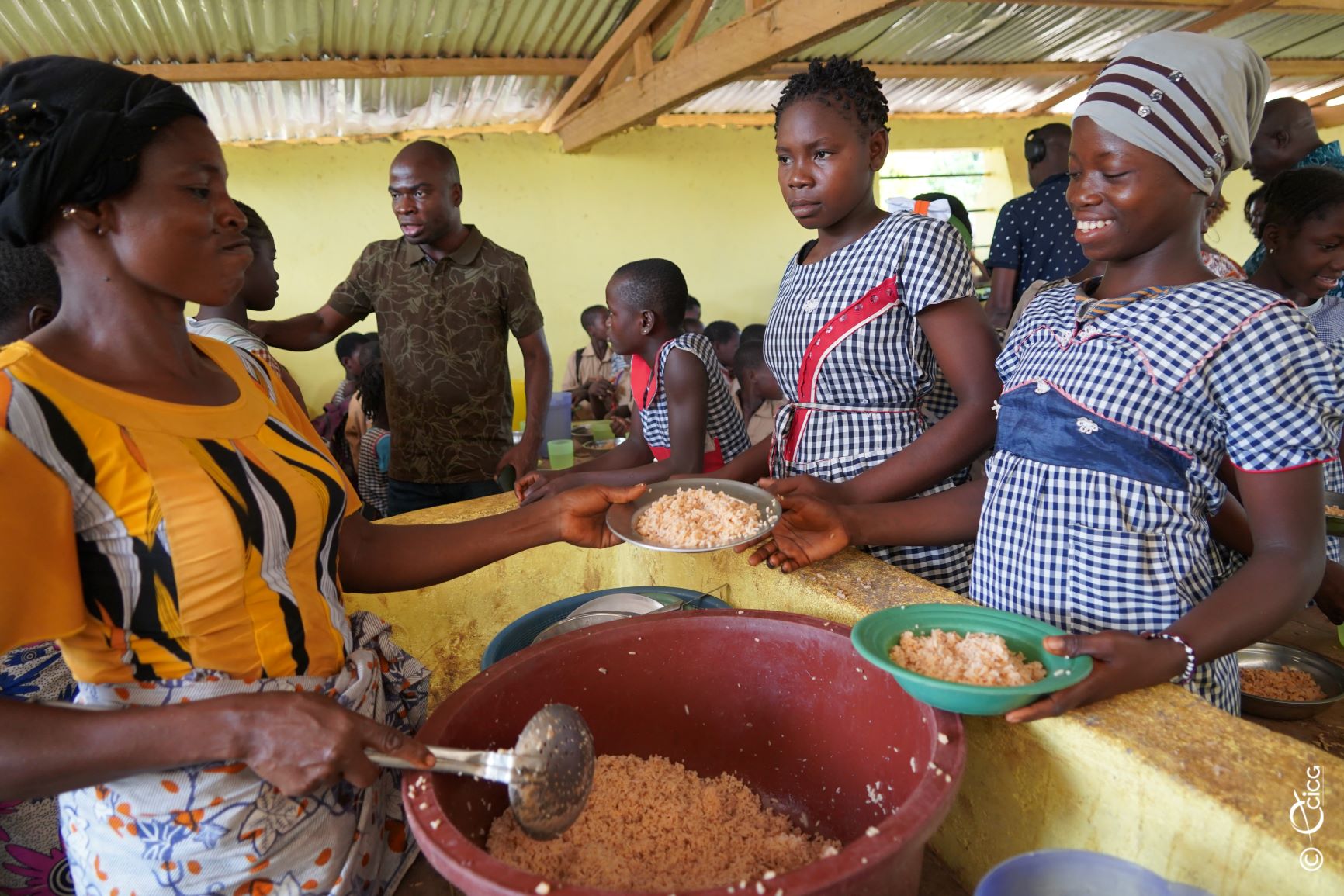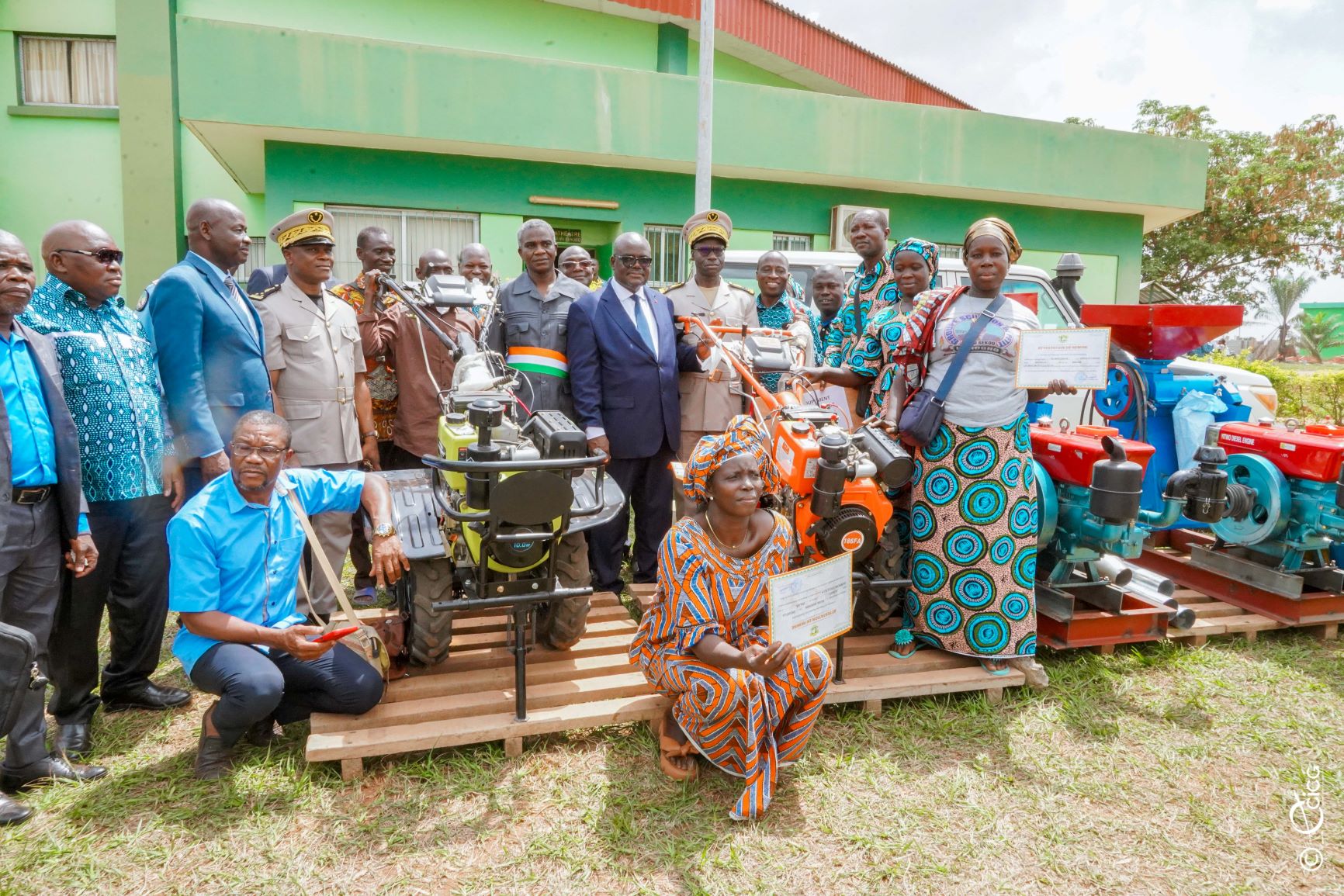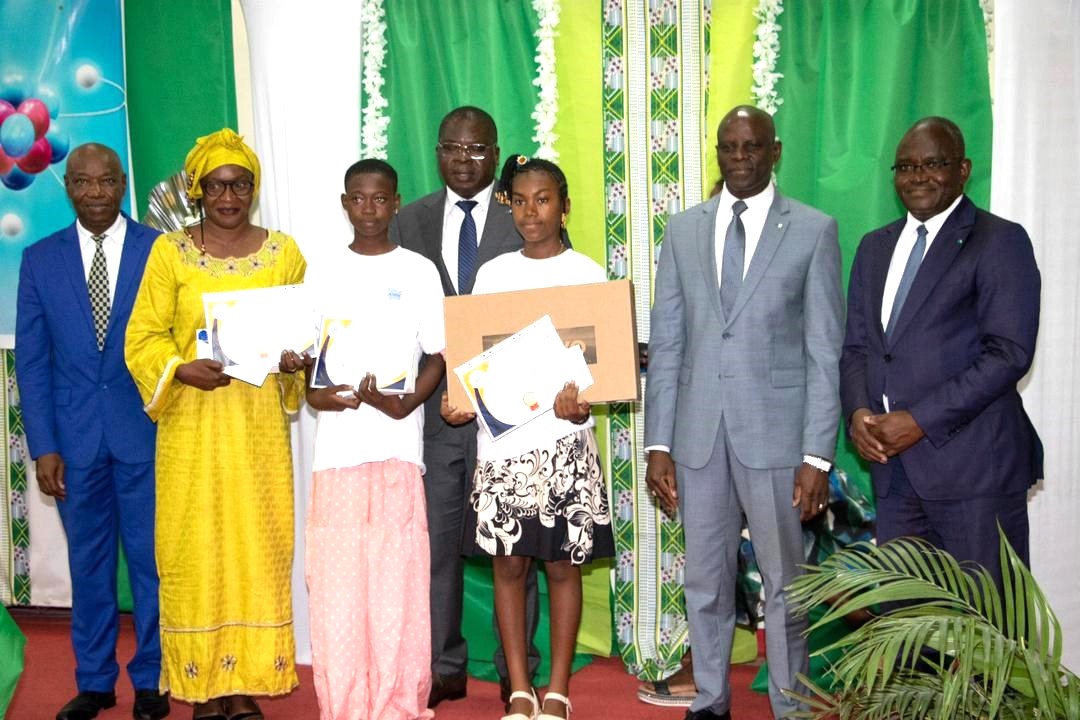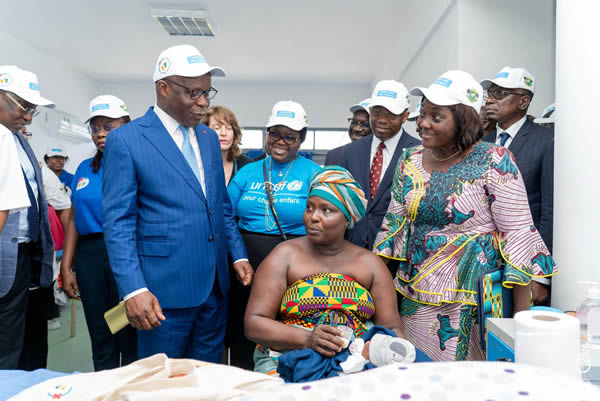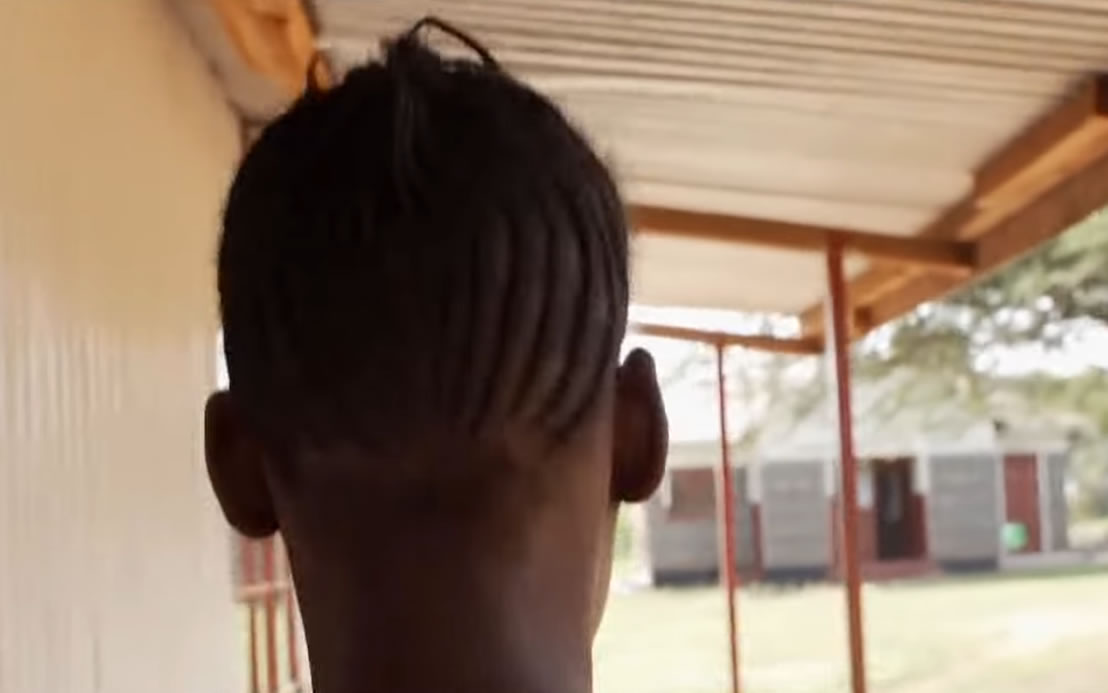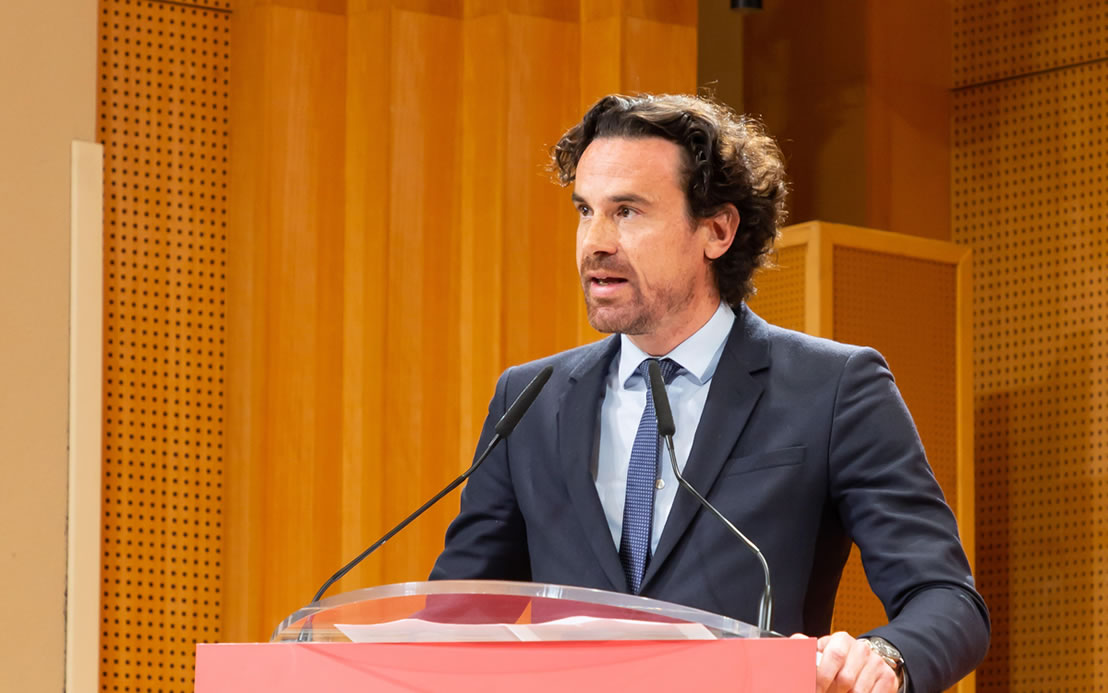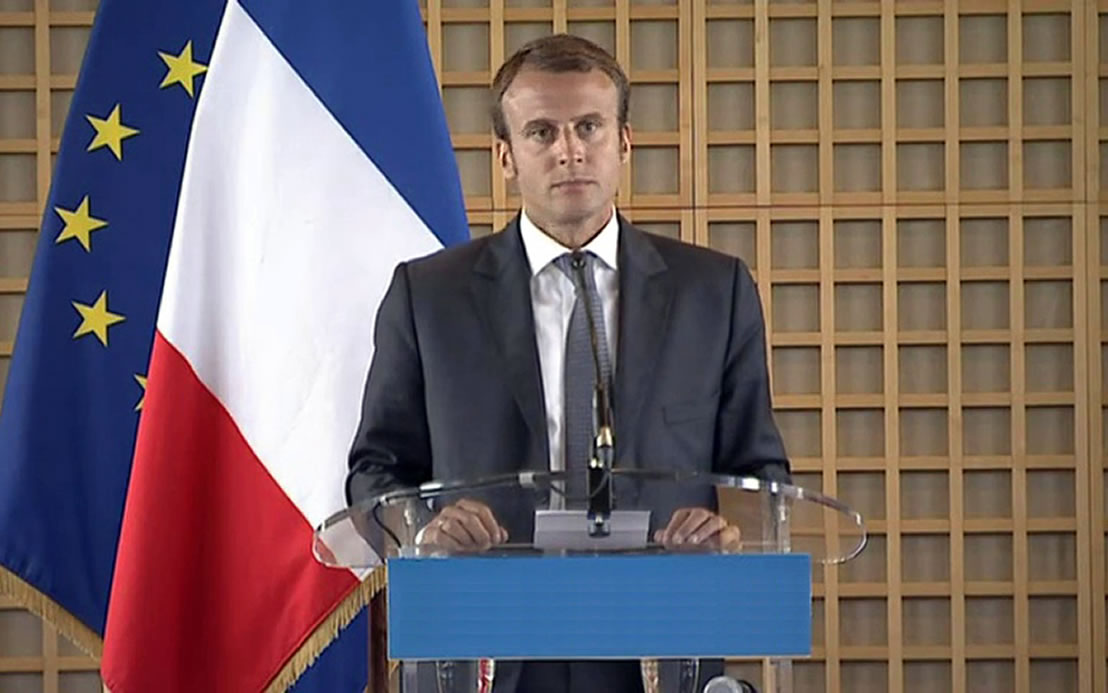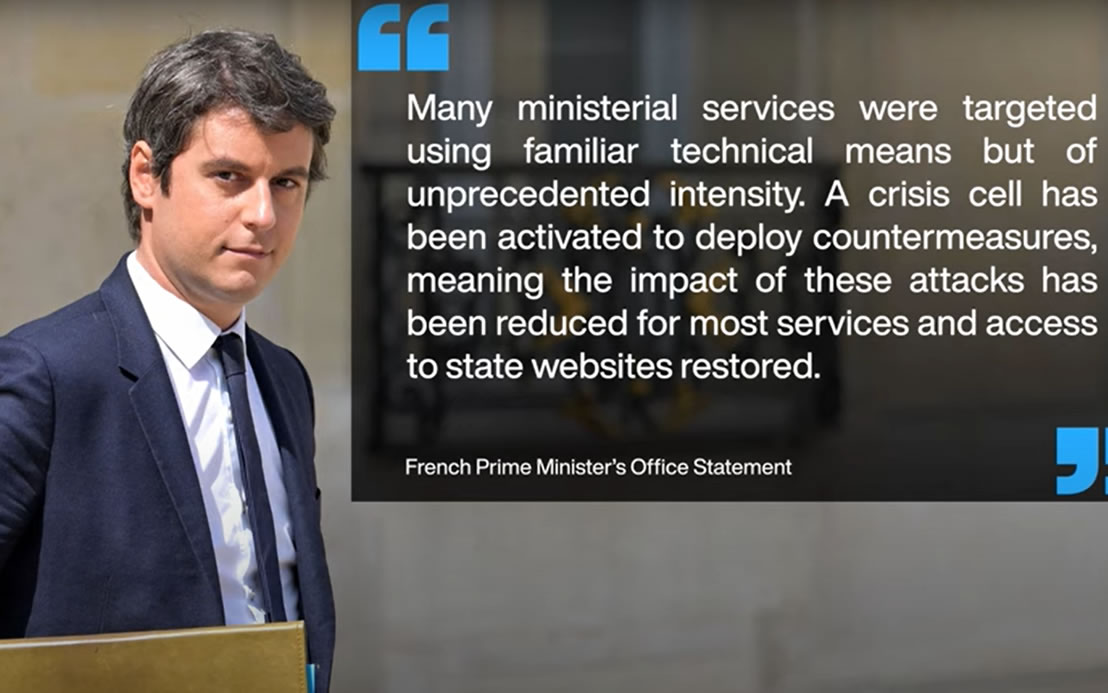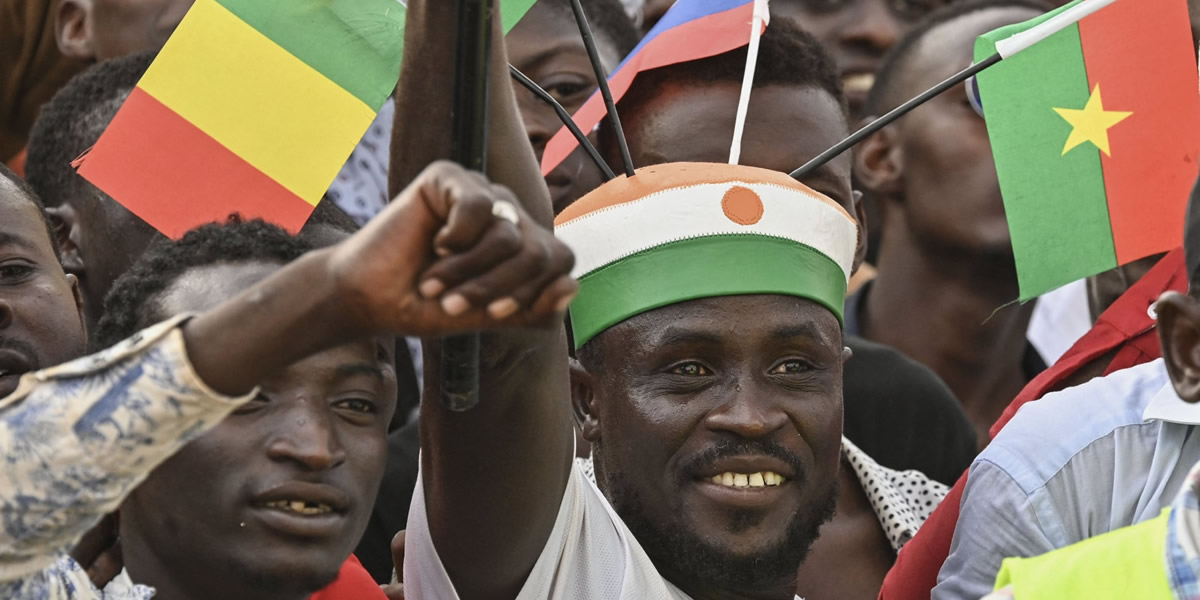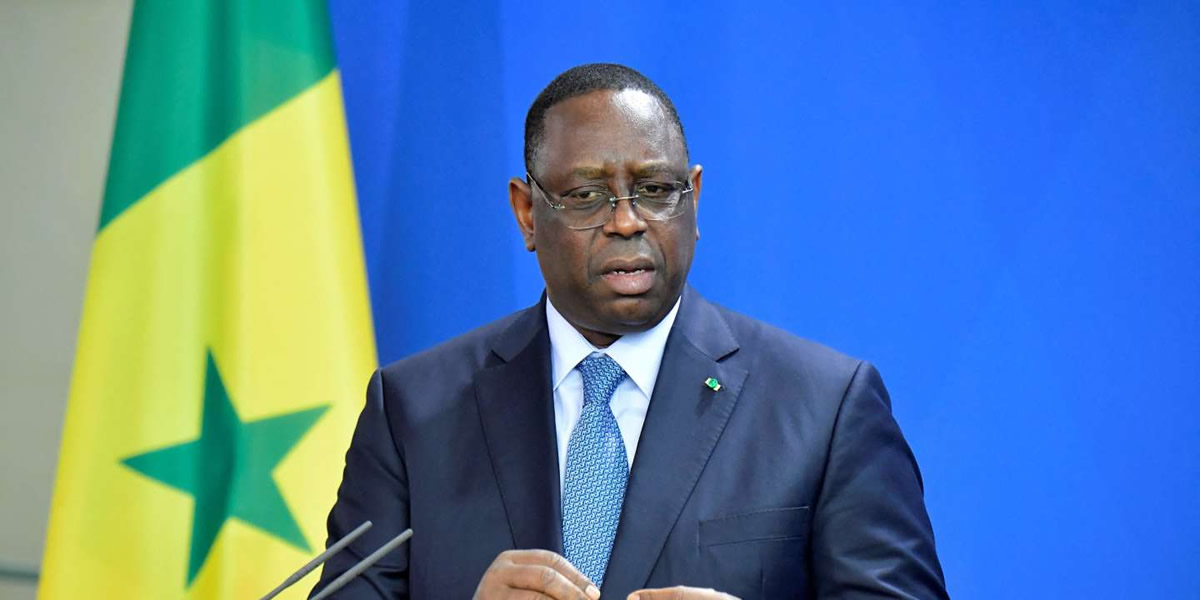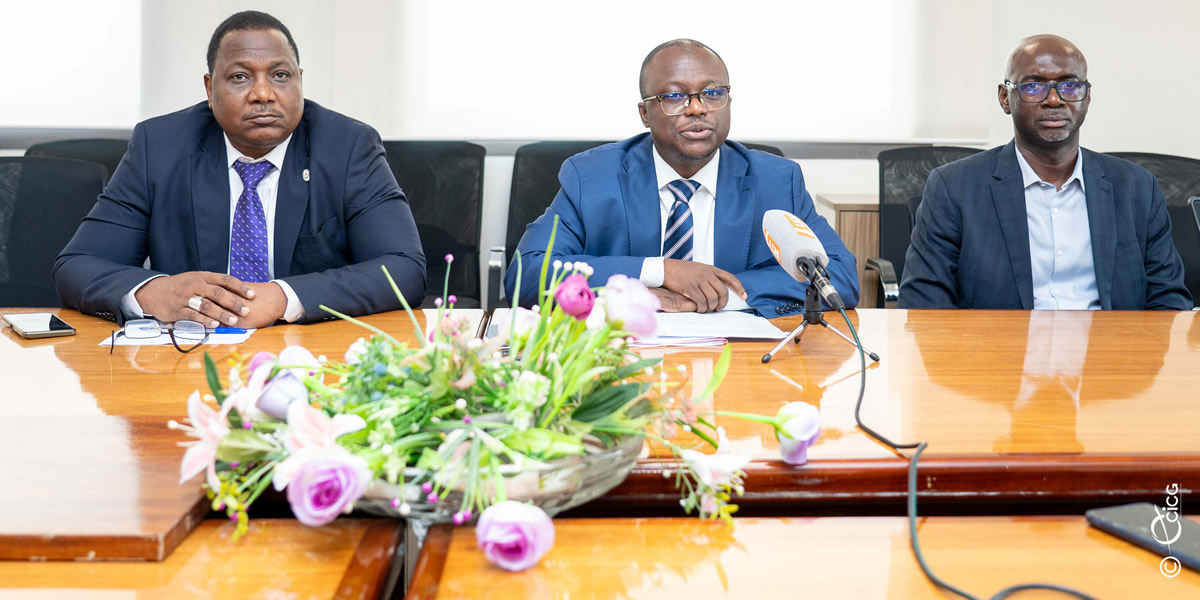In Gambia, a West African nation with cultural similarities to Ivory Coast, lawmakers are fiercely debating whether to overturn a ban on female genital cutting (FGC). The controversial move, sparking protests and international concern, highlights the ongoing dangers of female genital cutting in Africa. Activists warn that repealing the ban could endanger countless girls and erode women's rights across the region.
What is Female Genital Cutting?
Female genital cutting (FGC), sometimes called female genital mutilation, involves the partial or complete removal of external female genitalia. Often performed on young girls by traditional practitioners or healthcare workers, the practice can cause severe complications, including bleeding, infections, childbirth difficulties, and even death. FGC has no health benefits and is widely recognized as a violation of human rights.
The Gambian Debate
The proposed repeal of Gambia's 2015 ban on FGC has ignited a national debate. Supporters of the bill, often religious figures, argue that FGC is a cultural and religious tradition. However, activists like Jaha Dukureh, founder of Safe Hands for Girls, fear this could be the start of dismantling hard-won women's rights protections. Dukureh, a survivor of FGC who tragically lost her sister to the procedure, emphasizes, "This is about controlling women, not about religion."
The Dangers of Female Genital Cutting in Africa
The practice of FGC remains widespread across parts of Africa, including countries culturally connected to Ivory Coast. The United Nations estimates that millions of girls and women are affected. The long-term consequences of FGC are severe, including physical health risks and psychological trauma.
International Condemnation
The international community, including the United States and the United Nations, has condemned attempts to reverse the ban on FGC. Efforts to raise awareness and end the practice continue, with survivors like Fatou Baldeh at the forefront. These courageous women are crucial voices in protecting future generations.
Taking a Stand Against FGC
The debate in Gambia serves as a stark reminder of the dangers women and girls face due to harmful traditional practices. As people in Ivory Coast and across Africa, it's vital to:
Learn the facts: Educate yourself about the risks and consequences of FGC.
- Support survivors: Listen to the voices of women like Jaha Dukureh and Fatou Baldeh.
- Challenge cultural norms: Advocate for change in your community.
- Stand with women and girls: Join the fight for gender equality and the protection of women's rights.




